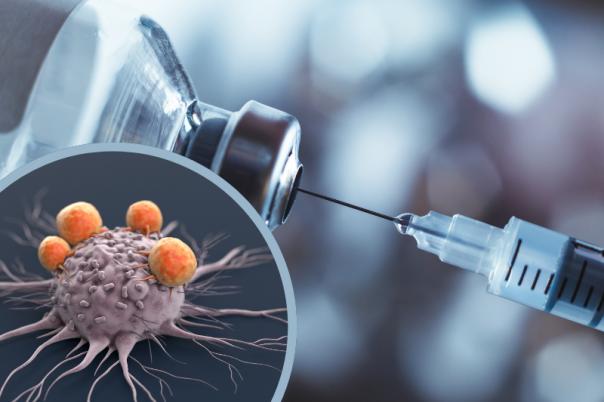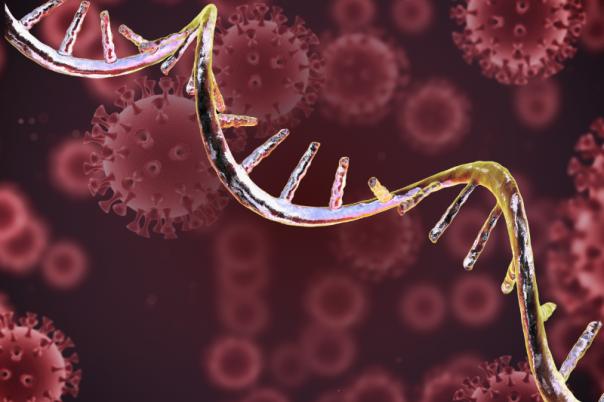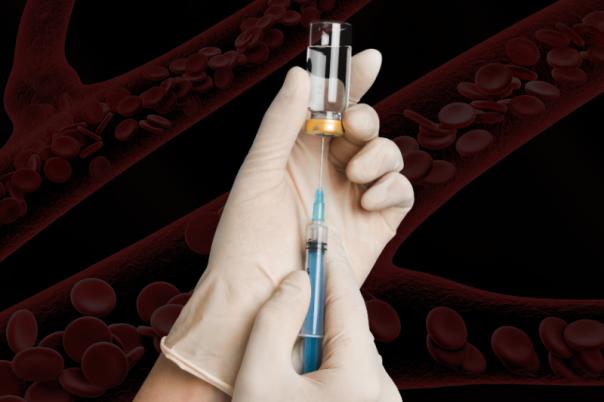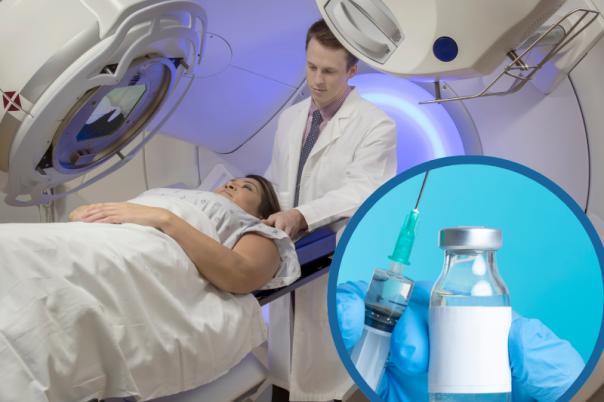Daniela Kleine-Kohlbrecher, Senior Project Manager at Evaxion Biotech, focused on the importance of developing AI-powered immunotherapies. Evaxion aims to integrate AI and immunology. Their current immunotherapy pipeline hones in on two major focus areas: oncology and infectious diseases.
The company developed the RAVEN and EDEN platforms for infectious diseases and the PIONEER and ObsERV programs for oncology. PIONEER and ObSeERV aim to develop personalised cancer immunotherapies. There are three main vaccine candidates, two of which are in clinical testing.
Neoantigens form the base of the vaccines, Kleine-Kohlbrecher explained why neoantigens were selected: “Neoantigens are tumour specific protein sequences that arise in tumour cells when we see somatic mutations in coding genes and they are absent from normal tissue.”
These characteristics have positioned neoantigens at the frontier of immunotherapy, with many biopharmaceutical companies exploring their potential.
The PIONEER platform identifies optimal neoantigens for T-cell activation for each patient. The platform generates a ‘pioneer score,’ which discerns their clinical usefulness based on four key criteria: tumour specificity, MHC presentation, immunogenicity, and clonal features.
EVX-01 is a personalised neoantigen vaccine based on peptides. Following on from promising data in Phase I, in 2022 the drug advanced into Phase II where it demonstrated promising safety and efficacy results in metastatic melanoma patients, 12 patients were treated with EVX-01. Kleine-Kohlbrecher acknowledged that even though they only tested the drug in a small sample of patients the data was highly encouraging.
The main objectives of the trial were to evaluate the safety, tolerability, and immunogenicity of the drug. Kleine-Kohlbrecher took the project a step further and analysed the impact of the Pioneer score on progression-free survival. Results showed that: “Patients with a high pioneer score had a high progression-free survival and it was not impacted or driven by the tumour mutational burden.”
EVX-02 has also shown a favourable safety profile and immunogenicity in an adjuvant setting for melanoma patients. During a clinical trial patients received nivolumab as a checkpoint inhibitor and 8 doses of EVX-02 on a biweekly basis.
EVX-03 expanded on the capabilities of EVX-01 and EVX-02 and has become a personalised immunotherapy that relies on ERV (endogenous retroviruses) antigens. This vaccine incorporates improved DNA design with chemokine domains to enhance immune activation. There were promising preclinical results in tumour protection and T-cell response.
The ObsERV platform identified and selected the ERV-based-antigens that displayed potential in pre-clinical models. ERVs are capable of triggering immune responses when reactivated in cancer cells.
Overall, Evaxion's AI immunotherapy platforms have highlighted the connection between high-quality neoantigens and clinical outcomes. Kleine- Kohlbrecher explained that the next goal is to explore partnerships for their EVX-01 and EVX-03 projects.






